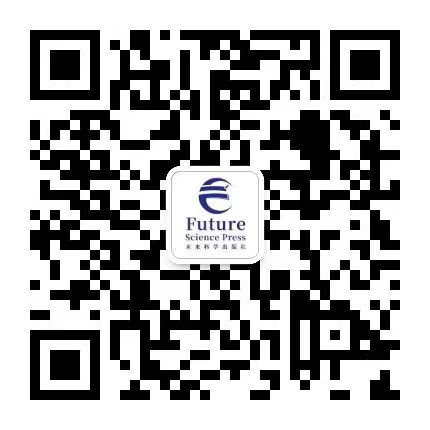作者:Hou Jianwei
院校:Shenyang Institute of Engineering, China
Remote Work; Knowledge Management Systems; Organizational Culture; Technological Dependence; Knowledge Sharing; Strategic Adjustment
References
[1] Alavi, M., & Leidner, D. E. (2001). Review: Knowledge management and knowledge management systems: Conceptual foundations and research issues. MIS Quarterly, 25(1), 107-136.
[2] Crossan, M. M., Lane, H. W., & White, R. E. (1999). An organizational learning framework: From intuition to institution. The Academy of Management Review, 24(3), 522-537.
[3] Davenport, T. H. (1998). Putting the enterprise into the enterprise system. Harvard Business Review, 76(4), 121-131.
[4] Davis, F. D. (1989). Perceived usefulness, perceived ease of use, and user acceptance of information technology. MIS Quarterly, 13(3), 319-340.
[5] Gajendran, R. S., & Harrison, D. A. (2007). The good, the bad, and the unknown about telecommuting: Meta-analysis of psychological mediators and individual consequences. The Journal of Applied Psychology, 92(6), 1524-1541.
[6] Gibson, C. B., & Gibbs, J. L. (2006). Unpacking the concept of virtuality: The effects of geographic dispersion, electronic dependence, dynamic structure, and national diversity on team innovation. Organization Science, 17(1), 255-273.
[7] Huang, R., & Rust, R. T. (2018). The impact of employee activities on service firms’ performance: A meta-analysis. Journal of Service Research, 21(1), 57-81.
Copyright © 2021-2022 未来科学出版社 All Rights Reserved.
+65 6396 6190

微信二维码